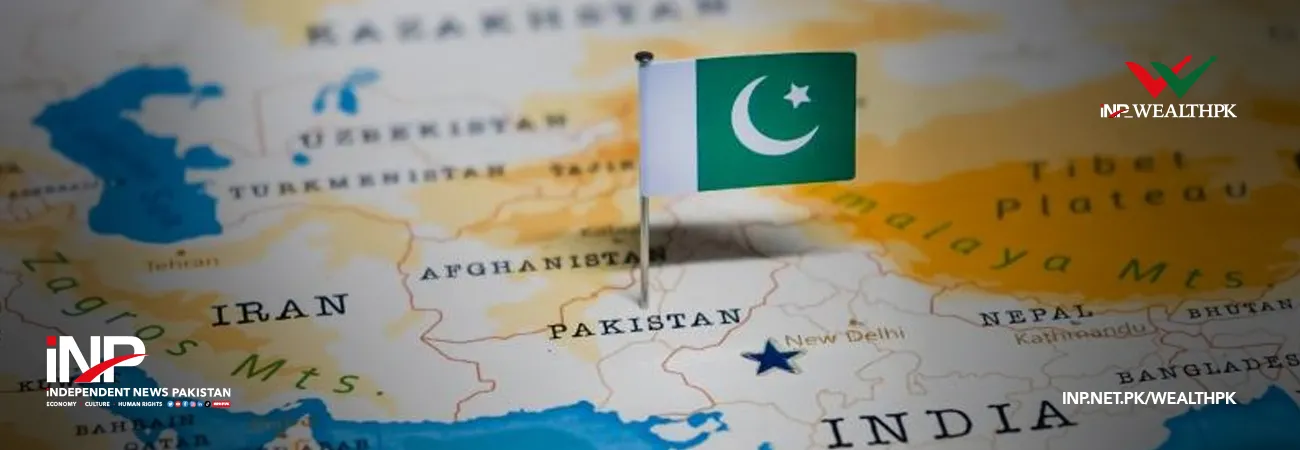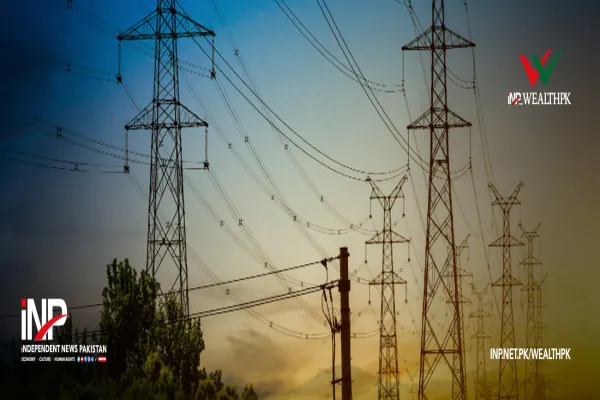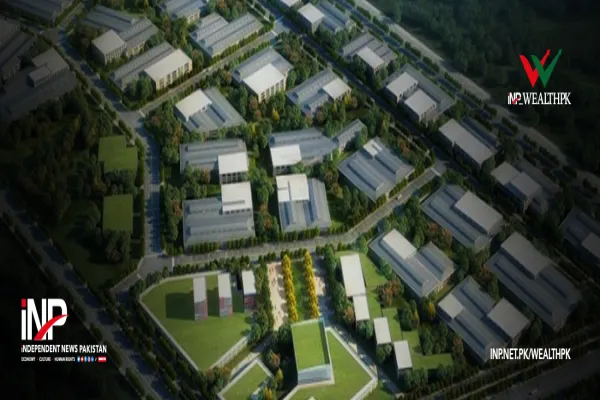i INP-WEALTHPK
Moaaz Manzoor
After months of macroeconomic adjustments, the Economic Update and Outlook June 2025 data show signs of a gradual yet meaningful rebound, reports WealthPK. Pakistan’s economy grew by 2.68% in FY2025, while inflation eased to a manageable 3.5% in May. This economic stabilization—underpinned by substantial revenue collection and prudent fiscal management—has helped boost market sentiment and private sector lending.
Large-scale manufacturing (LSM) remained mixed overall, but high-frequency indicators such as cement and automobile sales pointed toward a potential industrial pickup. The Pakistan Stock Exchange (PSX), in particular, has mirrored this quiet economic recovery. The KSE-100 index has maintained sustained upward momentum, gaining 6.09% in the past week alone and closing at 131,949 with a single-day gain of 1,262 points on Friday, July 4.
According to Ali Najib, Deputy Head of Trading at Arif Habib Ltd, the rally was “driven by improving macro indicators, foreign exchange stability, and easing inflation.” He noted that institutional buying was concentrated in the banking and energy sectors, “anticipating monetary easing and strong corporate results in the upcoming season.” While trade volume remained moderate at Rs34.8 billion, the scale of investment reflects increasing market depth.
Najib observed, “The banking sector alone contributed over 1,000 points, led by UBL, HBL, MCB, and BAHL, suggesting strategic positioning ahead of fiscal developments.” He emphasized that investors were recalibrating expectations in light of upgraded credit ratings, higher remittance inflows, and a current account surplus of $1.81 billion. Credit expansion further reflects this underlying momentum. Private sector credit reached Rs831.8 billion in FY2025, more than doubling last year’s figure. However, structural constraints and geopolitical headwinds persist.
Speaking with WealthPK, Dr. Nasir Iqbal, Registrar at the Pakistan Institute of Development Economics (PIDE), pointed out a sobering truth: “Local investors view the stock market as one of the few viable options amid limited alternatives and a fragile security environment.” He added that while the PSX gains are encouraging, attracting sustainable foreign direct investment (FDI) still depends on broader factors such as government stability, the rule of law, and regional peace.
“Despite recent improvements, Pakistan has yet to create an enabling ecosystem for FDI,” he emphasized. This caution is reflected in the FDI numbers: net inflows of $2.0 billion in FY2025 remained largely stagnant, and foreign portfolio investments registered net outflows. Although sectors such as financial services and energy drew some attention, the absence of new large-scale inflows underscores persistent risk perceptions among foreign investors.
The PSX’s steady climb and the expanding credit pipeline do not signal a booming economy, but they do point to a stabilizing one. The alignment of fiscal reforms, rising remittances, and domestic investor confidence suggests that Pakistan’s economic rebound, though modest, is firmly underway. While structural reforms continue and geopolitical risks remain, market dynamics show early signs of revival, indicating that momentum—albeit slow—is building beneath the surface.
Credit: INP-WealthPk








